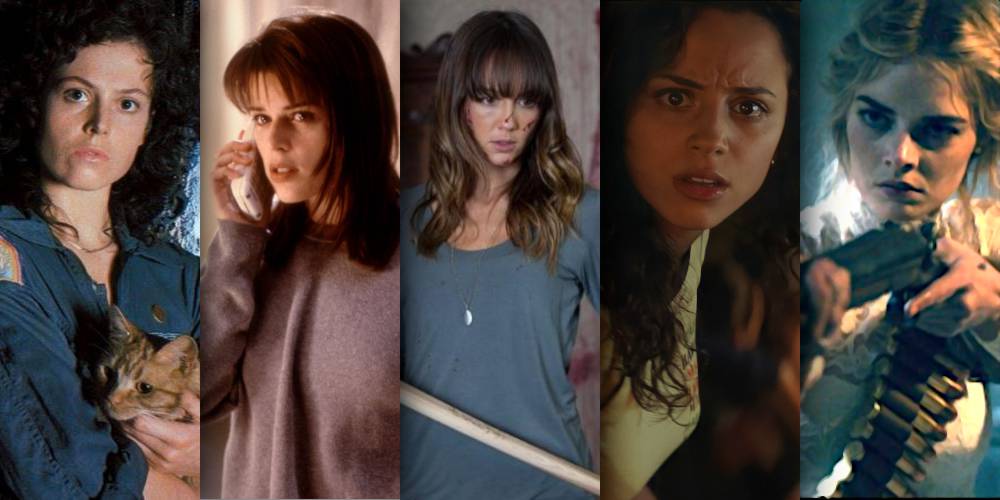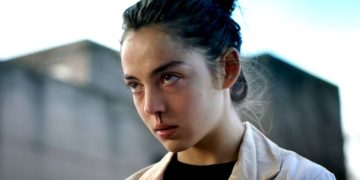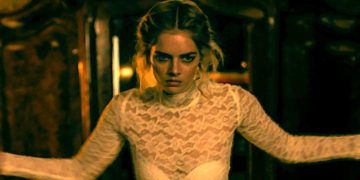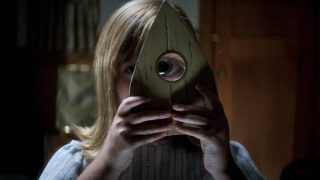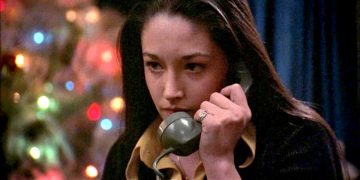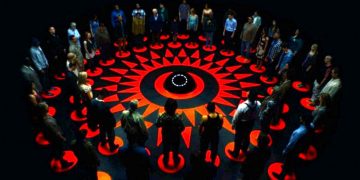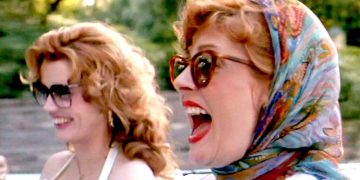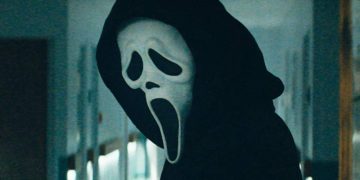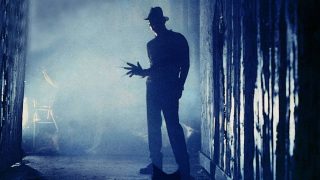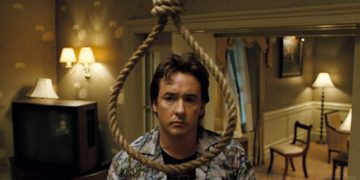Coined in 1992 by Carol J. Clover in her book Men, Women, and Chainsaws: Gender in the Modern Horror Film, the final girl refers to a female character who manages to survive in a horror movie, particularly in the slasher subgenre.
The character of the final girl is usually a virtuous, clever, and intelligent woman who's able to survive the slaughter and defeat the villain at the end using her wits.
Since its invention in the 1970s, the Final Girl trope has been a near-essential element of modern horror films.
In this article, we explore the best final girls in horror movies over the past several decades and why they deserve as much recognition as the villains who hunted them down.
10. Sally Hardesty in The Texas Chain Saw Massacre (1974)
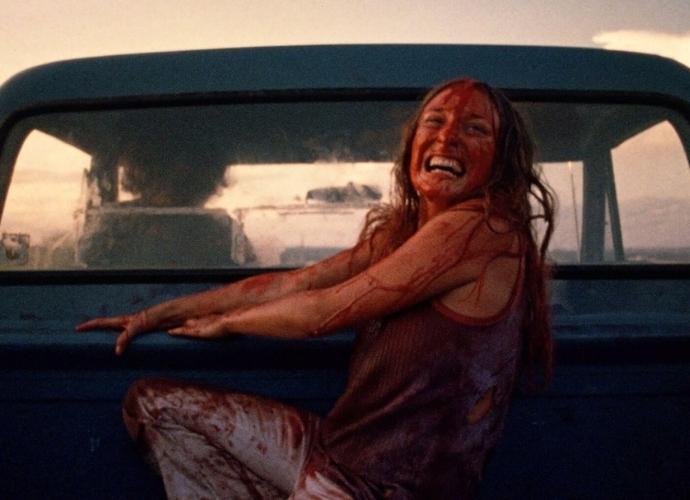
Sally Hardesty from The Texas Chainsaw Massacre was one of the first examples of the Final Girl trope in horror cinema.
When she and her group of friends travel through rural Texas to visit her grandfather's grave, they encounter Leatherface and his cannibalistic family, who start killing them off one by one.
And even though Sally doesn't really defeat the villain in the end, she still manages to be the sole survivor of the massacre, which turned her into a sort of prototype for the Final Girl trope.
Her iconic survival ending scene—in which she escapes in the back of a pickup truck while Leatherface frantically waves his chainsaw—became the inspiration for countless other characters and their respective final scenes in horror movies.
9. Tree Gelbman in Happy Death Day (2017)
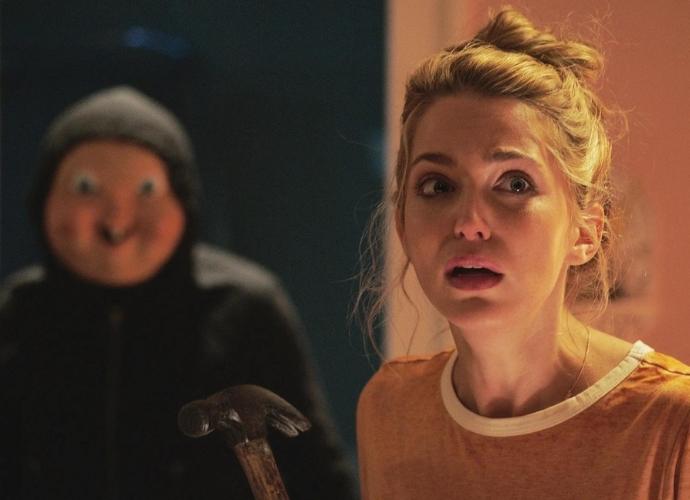
Tree Gelbman, from Happy Death Day, is a new type of final girl. She starts off the movie as a ruthless, selfish, and unlikable sorority girl who's having an affair with her married professor.
In any other slasher movie from the past, she would've been one of the first victims to meet her demise.
But in Happy Death Day, not only does she escape punishment for her mistakes, but she's allowed to grow and become a better person. That's a pretty good lesson to have in a comedy horror film.
8. Deena Johnson in Fear Street (2021)
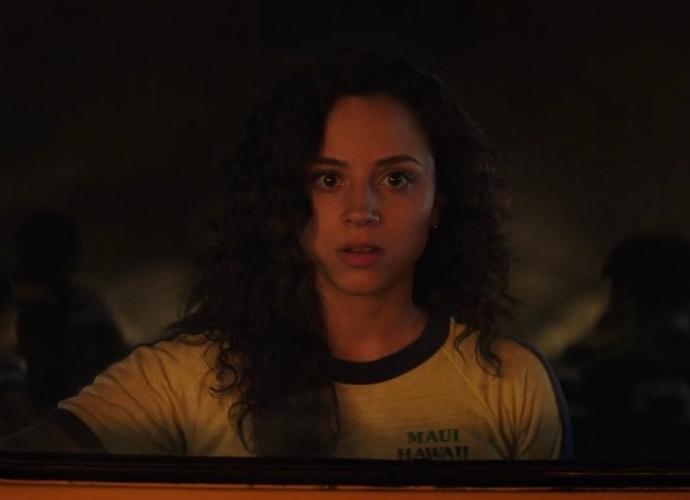
One of the main criticisms of the Final Girl trope is its lack of diversity. Most final girls have been straight, white, and cisgender. Deena Johnson of Netflix's Fear Street trilogy breaks this mold.
She's a lesbian woman of color whose main motivation throughout the trilogy is to save the life of her girlfriend, who has been possessed by a great evil.
Like her fellow final girls, Deena is brave, resourceful, and intelligent—but she also stands as an example that Hollywood is finally ready to explore other races and sexualities with this trope.
7. Jess Bradford in Black Christmas (1974)
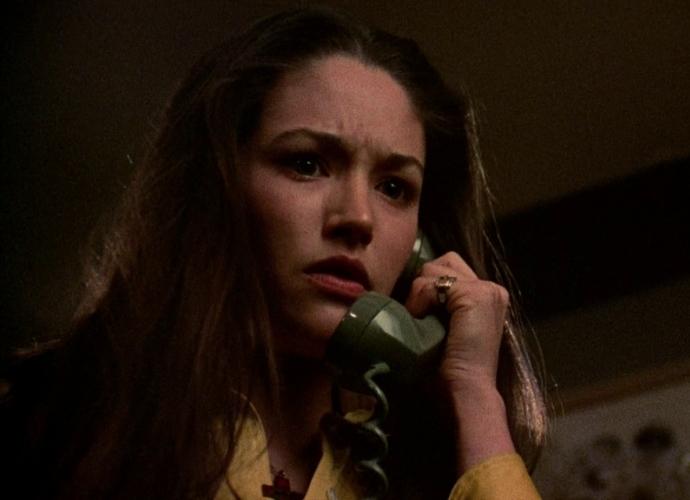
Jess Bradford from 1974's Black Christmas is another early example of the Final Girl trope. But Jess is a rarity in the genre—she isn't just one of the first final girls, but she's one of its biggest transgressors.
In the early history of the trope, final girls were able to survive in part due to the "moral superiority" granted by their virginity.
But in Black Christmas, Jess is a sexually active woman who decides to have an abortion despite her boyfriend's opposition.
In any other slasher movie, that would be reason enough for her to be among the first victims. But here, she ends up being the sole survivor of her sorority house's massacre.
She doesn't defeat the villain in the end, but her feminist arc was instrumental in further development of the Final Girl trope.
6. Grace Le Domas in Ready or Not (2019)
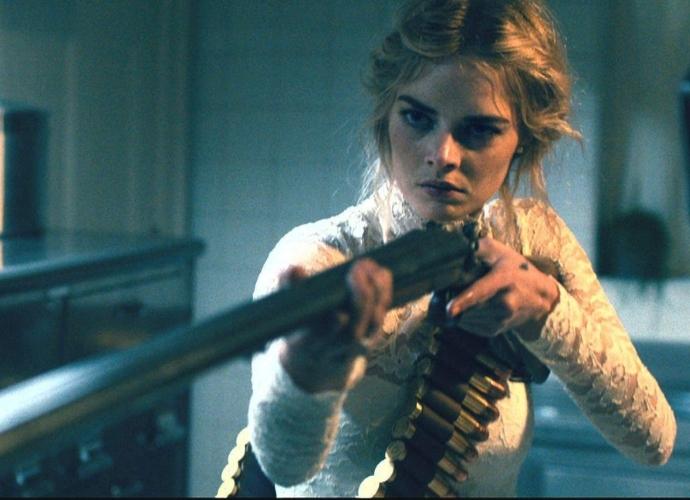
Grace Le Domas from Ready or Not is a newlywed bride with the worst in-laws in the world. After she gets married, her husband's family tells her she must play a game to be fully accepted into the family.
She draws her game from a puzzle box: Hide and Seek. But this isn't an ordinary game of Hide and Seek. After she hides, the night rapidly turns deadly as the family hunts her down with guns.
When she realizes what's going on, instead of giving up, she rips up her wedding dress and prepares for battle. Throughout the night, Grace proves to be a smart, strong, and brave young woman with a tireless will to survive.
Grace is one of the most recent iterations of the Final Girl trope, but she immediately made her mark on the genre by being one of the most relatable and funniest final girls in recent memory.
5. Erin Harson in You're Next (2011)
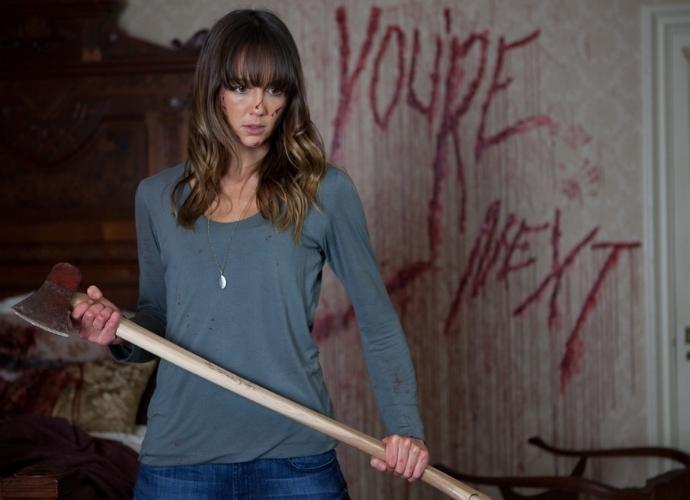
Erin Harson from You're Next is a perfect example of how the Final Girl trope has evolved in the new millennium. She's strong, smart, and much more capable than the villains of her movie.
Erin was raised in a survivalist compound, so when a group of masked killers invades her boyfriend's house, she's more than ready to face the threat head-on.
She relies on her survival skills to defend herself and uses anything she can as weapons, allowing her to be the last one standing.
4. Nancy Thompson in A Nightmare on Elm Street (1984)
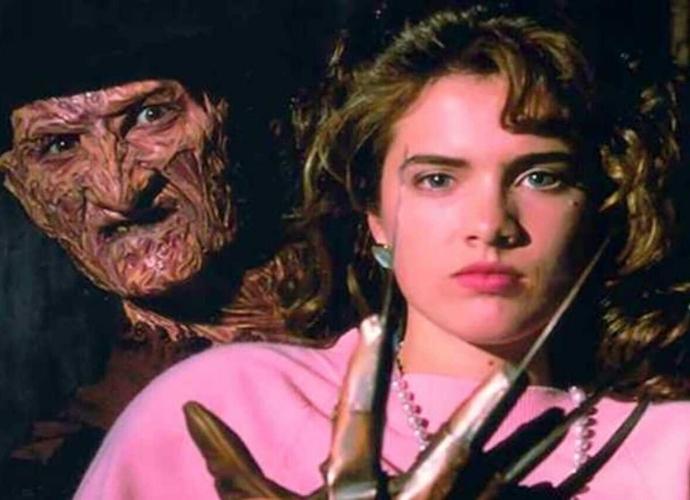
Nancy Thompson from A Nightmare on Elm Street was a highly revolutionary character when she debuted. She was the first final girl to actively defeat the villain and ensure her own survival.
Nancy isn't a passive character who only reacts to the situations around her, but she proactively causes the plot to unfold. She looks for the information needed to guide her actions and prepares to defeat Freddy Krueger, even when no one believes her.
She doesn't survive because she's the "good girl" who stayed away from drugs, alcohol, and sex. Nancy survives because she's clever, determined, and knows how to use the elements at her disposal to defeat one of the most dangerous horror villains in cinema.
3. Ellen Ripley in Alien (1979)
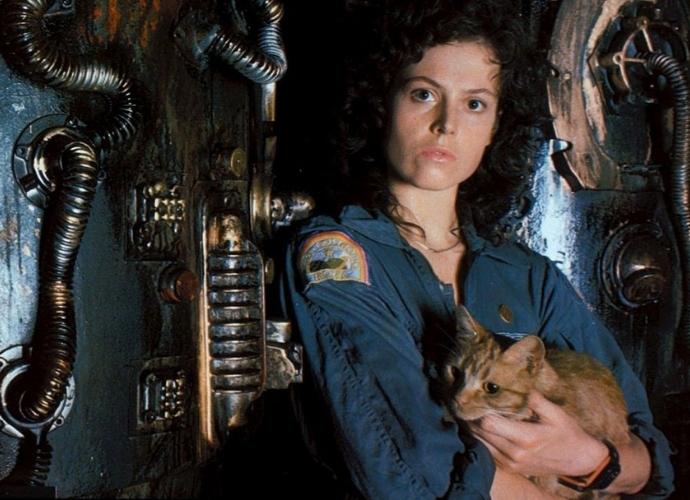
Yes, the protagonist of the Alien franchise can be considered a final girl! But only in the first film. (In the sequels, she was less of a final girl and more of a badass action movie heroine.)
In the first Alien, which is essentially a slasher film in space, she has all the characteristics of a final girl.
Ellen Ripley is smart, assertive, and resourceful. She's the only survivor of her team, and she manages to defeat the villain at the end of the movie.
Ripley is undoubtedly the most competent person aboard the Nostromo ship. If the crew had listened to her from the beginning, the alien wouldn't even have been able to enter the ship.
Once the alien does board, Ripley takes control of the situation and defeats the intergalactic killer before it's able to kill her, establishing herself as one of the most iconic final girls in cinema.
2. Laurie Strode in Halloween (1978)
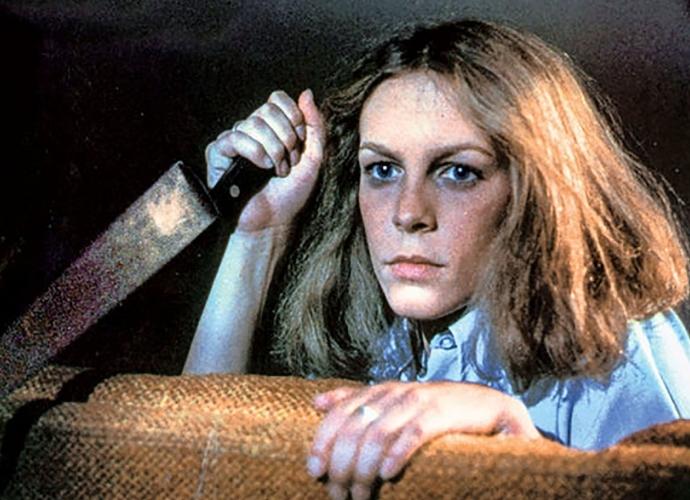
Laurie Strode from the Halloween franchise is the character to whom all final girls are compared. She might not be the first official final girl, but she's certainly the most iconic of them all.
Brilliantly played by Jamie Lee Curtis across seven movies, Laurie Strode was one of the first female characters in horror cinema to have agency within her story.
She doesn't just scream and run while waiting for a man to rescue her. Instead, she uses her intelligence to defend herself, protect those around her, and escape becoming a victim.
Laurie fights back and attacks Michael Myers with knitting needles and hangers, turning household objects that are traditionally associated with femininity into weapons of survival.
And, in doing so, she dismantled one of the largest cinema tropes of her time (the damsel in distress) and crafted a completely different one that we love to see today (the final girl).
1. Sidney Prescott in Scream (1996)
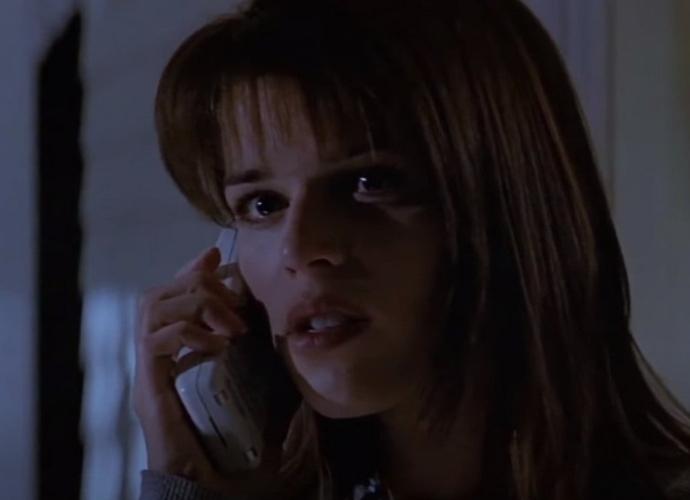
Laurie Strode might've been the one who originated the Final Girl trope as we know it, but Sidney Prescott perfected it.
In the 1990s, the Scream franchise revolutionized and reinvigorated the horror genre in several ways, but its most important contribution to the genre has always been Sidney Prescott.
Sidney is a character who's somehow able to mock the Final Girl trope while simultaneously embodying all of the trope's best aspects.
Her character development and progression are unlike anything else in horror cinema of her time. She's brilliantly clever and staunchly resolved to not be a victim of her trauma—and over the course of the franchise, she only becomes stronger.
And unlike Nancy Thompson, Ellen Ripley, or Laurie Strode, Sidney Prescott has never been killed off in any of the Scream sequels. No matter what, she always comes out on top.
For that reason alone, plus all the other reasons that make her such a great character, Sidney Prescott is the best horror movie final girl of all time, and we suspect she'll hold that crown for a while longer.
